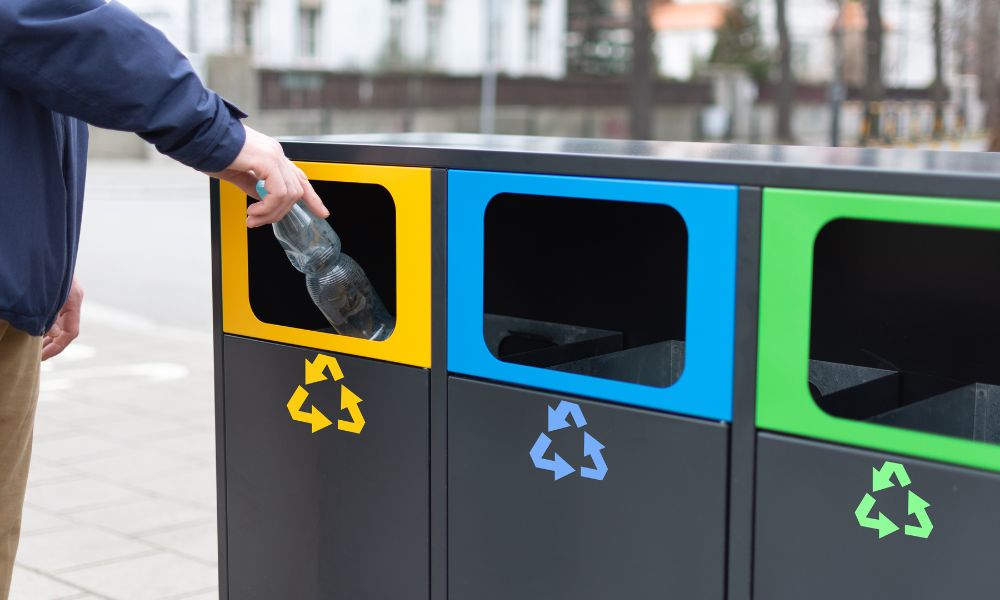Pollution is a problem for everyone. The task doesn’t solely rest on the shoulders of environmentalists. Everyone can lend a helping hand, and it needs to happen on a national level, eventually graduating to a global level. Let’s start off by seeing how cities can contribute to the recycling industry.
Collect Waste Data
Before fixing the exact problem, cities need to start collecting and analyzing waste data to get a better idea of the specific type of waste generated, how often, and in what quantities. Waste characterization studies help cities understand the waste produced in their communities.
It will also give better insight into understanding recyclable contamination and the success of diversion programs. Many consumers get confused about what’s recyclable and what’s not. Collecting and analyzing the data will give city organizers and officials insight into what items community members often confuse or question.
Offer Collection Services
Even with all our advancements, there are still a significant number of consumers who don’t know where they can dispose of their recycled materials. Not every residential property has a recycling bin for waste collectors to pick up.
Make things easier for everyone in the community and offer a collection service for homeowners and commercial property owners. Start a system where they place their names on a list and set a scheduled time to pick up their recycled items. This way, the city properly disposes of the items.
Add Bins in Public Spaces
Get proactive. Place recycling bins all over the city. Think about some of the most populated and high-traffic areas; those are the locations you want to target. Recycling bins in these places will force people to stop and place their trash in the right receptacles.
Place dumpster rentals around an area’s perimeter if it has more spatial freedom, like parks. These containers play a major role in the recycling industry. Providers will know the exact facilities to transport recyclable items.
Educate the Community
Knowledge is power. The best thing you could do for your city is to educate them about recycling. Most of the world knows of the benefits of recycling, but some city officials could use the education.
More importantly, it’s a good idea to tell people what they can and cannot recycle. You’d be surprised by how many people think Styrofoam is recyclable. Technically it is, but in reality, it takes too long to break down. Plus, if the container stored food, it’s not recyclable.
Once every city makes a conscious effort to contribute to the recycling industry, it could help make a dent in the waste we all generate.













